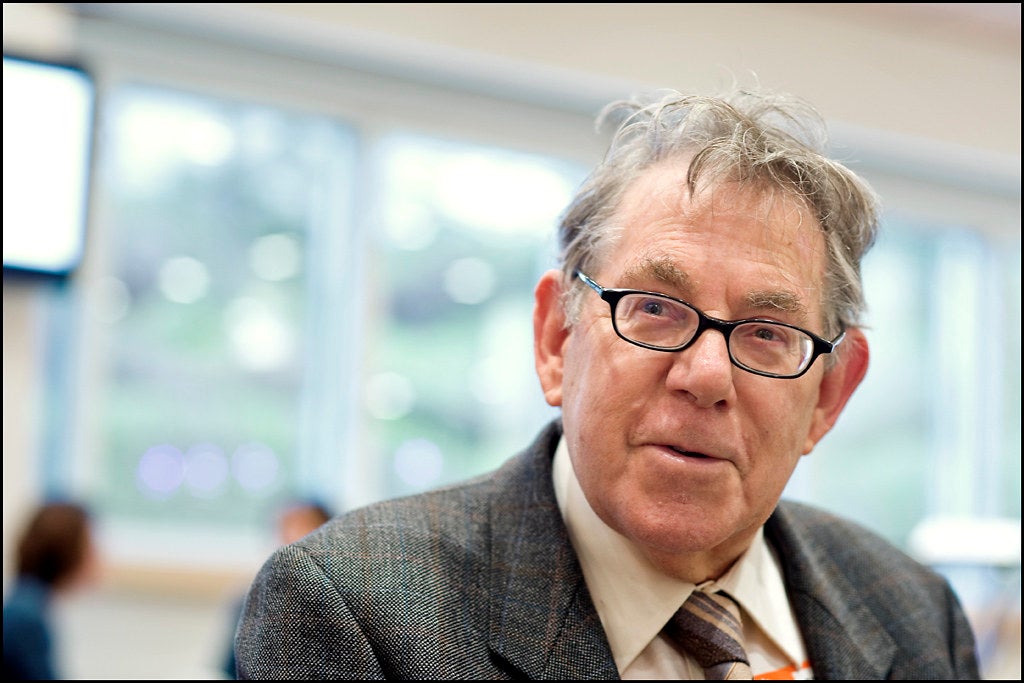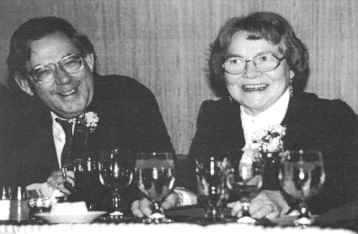Paul Crutzen: A legacy that changed the World
Former ACD Director passed away on 28 January 2021
Professor Paul Crutzen, prominent atmospheric chemist, former Director of the Atmospheric Chemistry Division at NCAR (now ACOM) and the Max Planck Institute for Chemistry in Mainz, Germany, passed away on 28 January 2021. Paul was an extraordinarily creative and original scientist who brought important new knowledge in several areas including ozone depletion, nuclear winter and climate change.

Paul discovered in 1970 the important role of nitrogen oxides on stratospheric ozone and identified the biospheric source of these nitrogen oxides. The study was key for assessing the impact of supersonic aircraft on the ozone layer planned by the aeronautics industry. Paul later showed the importance of methane in the global budget of tropospheric ozone and highlighted the role of wildfires as a major source of chemical compounds and aerosol particles in the atmosphere. This led him to stress that a nuclear conflict, by forming a thick layer of particles around the earth, would generate a global cooling of the planet. Paul also contributed to the identification of the processes responsible for the formation of the Antarctic ozone hole in response to the production and use of industrially manufactured chlorofluorocarbons. He also evoked the possibility of counteracting global warming by injecting large quantities of particles in the lower stratosphere, a topic that led to vivid debates about the benefits and dangers of climate engineering.
At a meeting held in year 2000 by the International Geosphere Biosphere Program (IGBP), Paul launched the concept of Anthropocene, referring to a geological epoch dominated by the impacts of human activities. This concept had important impacts on the science agenda in the last 20 years and on international diplomacy.
Paul received numerous honors for his many scientific achievements, including the 1995 Nobel Prize for chemistry with Mario Molina and Sherry Rowland. He was a warm, generous and modest person who inspired a new generation of scientists in earth system science, and particularly loved engaging with them in lively discussions.
Tribute and memories by:
Guy P. Brasseur
Max Planck Institute for Meteorology
Hamburg, Germany
Atmospheric Chemistry Observations and Modeling Laboratory
National Center for Atmospheric Research
Boulder, Colorado, USA
Dr. Sasha Madronich
Atmospheric Chemistry Observations and Modeling Laboratory
National Center for Atmospheric Research
Boulder, Colorado, USA
See also:
Crutzen Honored, Newcomers Spotlighted in ACD Colloquium, NCAR Staff Notes from 16 December 1993.
In honor of Paul Crutzen, ACOM launched in 2019 the Annual Paul Crutzen Lecture. The lecture has been paused due to the COVID-19 pandemic but will resume as soon as in-person meetings are possible again.
